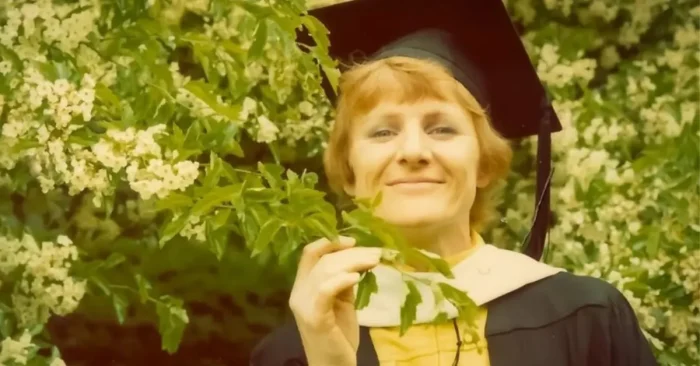Sarah Polley – Biography
Early Life and Background
Sarah Polley was born on January 8, 1979, in Toronto, Ontario, Canada. Raised in a creative household, she was the daughter of actor and casting director Diane Polley. Sarah entered the entertainment industry at a young age, beginning her acting career as a child. Her early exposure to film and theater helped shape her artistic sensibility. Despite personal challenges, including the loss of her mother at age 11, Polley developed a deep interest in storytelling, activism, and later, filmmaking.
Early Acting Career
Sarah Polley gained national fame in Canada for her role as Sara Stanley in the television series “Road to Avonlea,” which aired from 1990 to 1996. She was widely recognized for her talent and maturity as a young actress. During her teenage years, she began to move away from mainstream roles, choosing more independent and socially conscious projects. Her roles in films like “The Sweet Hereafter” and “Go” marked a shift toward more serious, nuanced performances, showcasing her range and commitment to artistic integrity.
Transition to Directing
By the early 2000s, Polley transitioned from acting to directing and screenwriting. Her debut feature as a director, “Away from Her” (2006), was a critical success and earned her an Academy Award nomination for Best Adapted Screenplay. The film, adapted from an Alice Munro short story, dealt with themes of memory, aging, and love. Polley followed this with “Take This Waltz” (2011) and the documentary “Stories We Tell” (2012), which explored her own family history and blurred the lines between truth and fiction. These works solidified her as one of Canada’s most important modern filmmakers.
Recent Projects and Recognition
In 2022, Sarah Polley returned to critical acclaim with “Women Talking,” a powerful drama based on Miriam Toews’s novel. The film earned multiple awards, including the Academy Award for Best Adapted Screenplay in 2023. Polley has been praised for her emotionally intelligent storytelling, feminist perspective, and ability to navigate complex themes with empathy. Her contributions to cinema reflect a deep understanding of both character and narrative, placing her among the most respected voices in contemporary filmmaking.
Personal Life and Advocacy
Sarah Polley is also known for her activism and political engagement. In her youth, she was involved in various progressive causes and even suffered injury during a protest against government policies. She has been open about her experiences in the entertainment industry, advocating for accountability, mental health awareness, and social justice. Polley is married to film editor David Sandomierski, and they have children together. Her personal integrity and thoughtful public voice complement her work as a director and writer.
Net Worth and Legacy
Sarah Polley has an estimated net worth of approximately $5 million. While she stepped back from acting, her impact as a filmmaker and storyteller continues to grow. She has received numerous accolades, including Genie Awards, Critics’ Choice Awards, and an Academy Award. Polley’s influence is especially strong in Canadian cinema, where she is seen as a trailblazer for women in film. Her dedication to meaningful storytelling and her ethical approach to the industry make her a standout figure in global cinema.
Frequently Asked Questions (FAQs)
What is Sarah Polley best known for?
Sarah Polley is best known as a director and screenwriter of films like “Away from Her,” “Stories We Tell,” and “Women Talking.”
Did Sarah Polley win an Oscar?
Yes, Sarah Polley won the Academy Award for Best Adapted Screenplay for “Women Talking” in 2023.
Was Sarah Polley an actress before directing?
Yes, Sarah Polley began her career as a child actress and gained fame in “Road to Avonlea” and films like “The Sweet Hereafter.”
Where is Sarah Polley from?
Sarah Polley is from Toronto, Ontario, Canada.
What makes Sarah Polley a respected filmmaker?
Sarah Polley is respected for her emotionally rich storytelling, feminist themes, and personal integrity in both film and activism.






